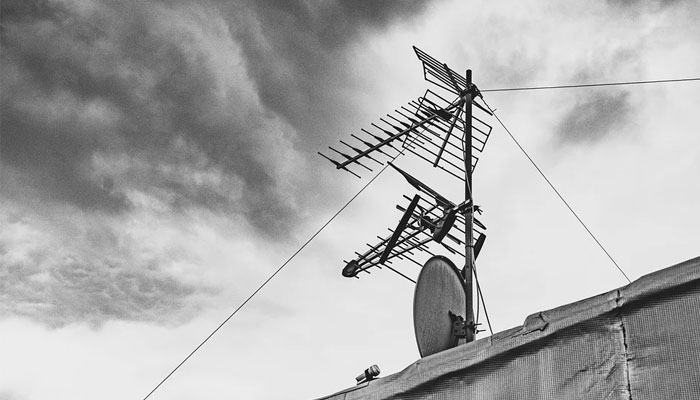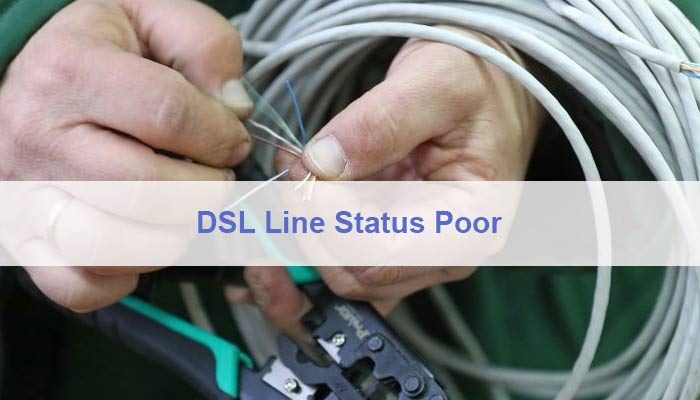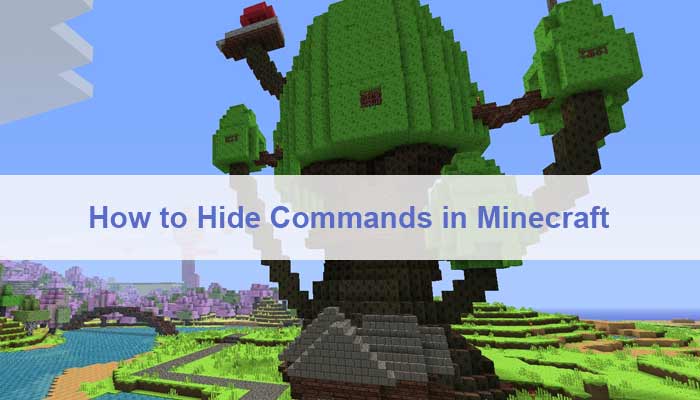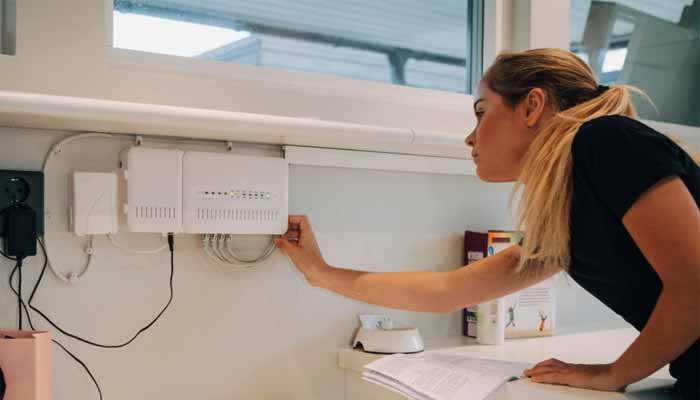Be it TV signals or radio signals, analog or digital equipment both have the potential to be distressed by climatic surroundings which include huge compression that carries fine season to hefty rainfall or snowfall.
Most of the time, the issue caused by weather changes can emerge in momentary pixilation, or an audience receives signals with an external domain.
Unfortunately, no fixed solution is available for this spontaneous hindrance to avoid such unplanned situations, and correspondents may not be able to stop it almost always.
However, the signals (if upset) usually get back to regular quality once the climate shifts back to normal. Though it depends on the fact if the technical challenge was minor which didn’t cause any trouble otherwise it may need to get fixed which can consume a couple of hours.
Particular climatic circumstances, such as higher pressure which usually fetch nice climate or daylight mist could occasionally impact your TV signal’s quality.
Factually and realistically speaking, the satellite has more chances and a great tendency to get affected by the weather as compared to cable due to their nature and placement factors both.
The disturbance created through atmospheric circumstances is brief and shall be normal upon the climatic switch. Cable connections and its entire network is built underneath but to reach people the ends are outside but still don’t assure that it will never be affected by weather – everything after all depends on the technicalities which are always at risk after all.
Some cable providers make sure maximum shield and constantly ensure their customers get the finest and enduring services from their end which includes Spectrum cable, Mediacom cable, Xfinity TV, and a few more.
Get more information by visiting here. In case you are suspicious that your signals are getting affected by climate kindly don’t re-tune your television or box.
If you previously re-tune it, then you have to re-tune once more when the climate is cleaner. Heavy snowfall can influence the quality of signals, although, it is less prone to affect than heavy rainfall.
Snowfall and frost collection over the dish can impact signals response, as consequence members who reside within the glacial areas of the state frequently purchase plates with embedded heater.
A heap of snowfall or frost on the plate can cause an interruption in signals, so, transfer the plate from alignment with the artificial satellite, which affects the signals.
Moreover, the dish can be placed at a point that is less prone to gather frost or snowfall—not below woods or dome where overflow takes place.
Even though climate no more affects TV signals as badly as it did in the analogical years, it could be moved by the harsh climatic environment for instance windstorm and strong winds.
That’s generally triggered by obstacles and variations in your broadcast signals from stuff like movable garbage or junks and woods.
If your television structure is within your dome. We might initially suggest you relocate it outdoors to your rooftop.
Possible Solutions to reduce the chances of losing TV Signals
As mentioned earlier, the weather is not in anyone’s control but we can take precautions and get the right tools to reduce the consequences. A secondary antenna could assist with your signal damage.
Nevertheless, antennas tend to interfere with one another and you may loosen sign into a point where both coaxing points move to unite.
So assembling antennas does not help. Firstly, we could suggest acquiring your antenna outwards. Rather than another antenna, you could utilize the booster.
Since you are obtaining fine signals in a nice climate, a booster would boost their signals even more.
- A signal amplifier will possibly enhance the response however it might or might not entirely resolve the difficulty. We suppose it is a better spot, to begin with.
Another alternative that might in addition to supporting is to shift the antenna outwards or take a greater extra-strong television antenna for example the HD stacker antenna. You will notice that shifting the antenna towards diverse positions will benefit.
The main reason for the trouble is probably the shaking of trees in the breeze – thus shifting the antenna to other places may prevent the problems with signals.
If the signals are extremely poor, to begin with, the breeze might produce the disruption in signals.
- However, it’s probably the trees creating the issue. You need to figure it out and place the satellite or booster accordingly.









